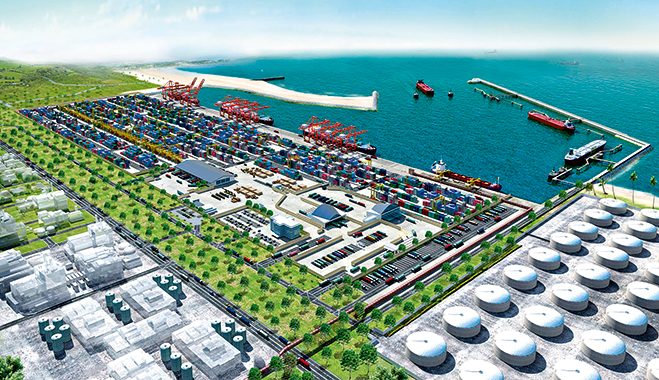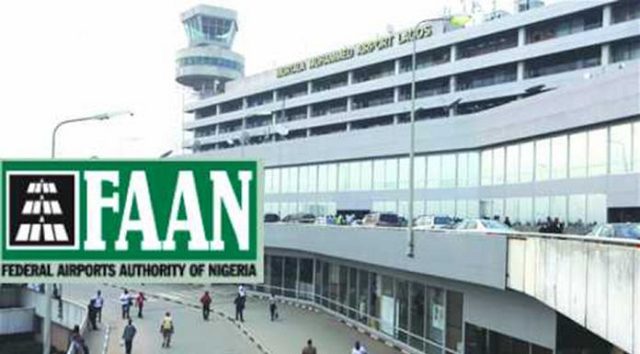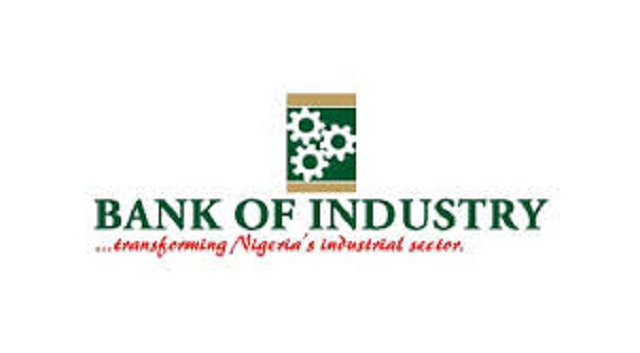Lagos Free Zone (LFZ), the first private free trade zone in Nigeria has won the Highly Commended Award in the Regional (Africa) category of the Global Free Zones of the Year 2021 awards by the fDi Intelligence- a service from the Financial Times.
The fDi Intelligence monitors foreign direct investment in infrastructure projects across the world.
Lagos Free Zone is a constituent company of the Singapore-based conglomerate, Tolaram, which is focused on investing in emerging market opportunities that propel growth and elevate communities and has a diverse portfolio of businesses in Consumer Products, Fintech, and Infrastructure across the emerging markets of Asia, Africa, and beyond.
In his remarks on the award, the Chief Executive Officer, Lagos Free Zone, Dinesh Rathi, said, “We are delighted to be honoured with this prestigious award that acknowledges the advantage of Lagos Free Zone being situated in the heart of Nigeria with easy access to emerging economies, and the top-tier facilities and services that have put LFZ in a league of its own.”
Rathi explained that LFZ is the first and only free zone in Nigeria that is uniquely integrated with the deepest seaport in the region, the upcoming Lekki deep-sea port, scheduled to commence operations in the last quarter of 2022.
Therefore, LFZ offers a unique location that will provide tenants with a seamless and cost-efficient access to domestic, regional and international markets.”
He further revealed that the zone, established in the year 2012, has been promoted by Tolaram, a leading conglomerate with a 15,000-strong workforce and 19 manufacturing facilities in Nigeria, five of which are located in the LFZ.
Also speaking on the award, Tejaswi Avasarala, who leads the strategic marketing initiatives for LFZ, revealed that LFZ’s existing tenants included global brands such as Colgate Palmolive, Kellogg’s, Arla, Indofoods and BASF.
“LFZ has enjoyed their continued patronage since it offers a unique combination of critical success factors such as access to the deepest-sea port in the region, world-class infrastructure, facilities and services; and above all, a holistic work-live-play ecosystem that allows for global brands to thrive in Nigeria and West Africa,” Tejaswi said.
fDi’s Global Free Zones of the Year 2021 highlighted the best practices of some of the world’s most successful free zones. Six independent judges – four external and two from the fDi team – assessed the 70 zones that had submitted their entries this year.
READ ALSO:Alibaba Sees Six Percent Jump In Shares After Founder’s Europe Trip
fDi had this to say about the Highly Commended Award winner: “Developed by the Singapore-based Tolaram group, the Lagos Free Zone has put together a compelling case this year.
It is tying its fortunes to those of the integrated Lekki Deep Sea Port, which is scheduled to come online by the end of 2022 after the project achieved financial closing in March 2020.
“Lagos Free Zone is already home to several major tenants, such as Colgate, BASF and Kellogg’s, and its grand ambition is to develop an area extending over 830 hectares (ha).
Occupied space currently stands at around 130 ha. The zone has provided a dynamic response to support its tenants in the wake of the Covid19 pandemic, making existing leases more flexible and working with local authorities to secure Covid-19 vaccinations for eligible and willing tenants in a country where just 0.8% of the population was fully vaccinated.
The Lagos Free Zone has also shown long-term strategic thinking as it reprioritised its priority industry sub-sectors as the world moved towards shorter supply chains.
For instance, the zone identified pharmaceuticals and medical consumables as priority sub-sectors and therefore tailored its marketing outreach focused on these segments. It also made available virtual reality tours for interested parties not capable of traveling to the region.”
“On the environmental, societal, and corporate governance front, the zone established a centre of excellence for sustainability management consisting of a dedicated team under the leadership of the chief sustainability officer, who directly reports to the CEO.
The zone also introduced a zero-tolerance policy against any discrimination because of gender, age, race, sexual orientation, nationality, ethnicity, religion or disability” fDi further added.












